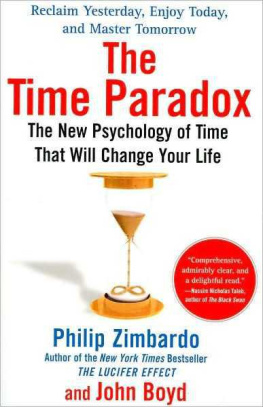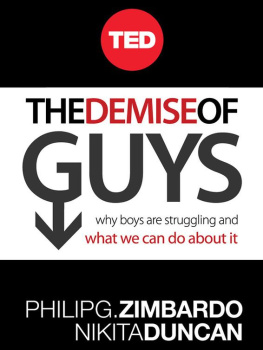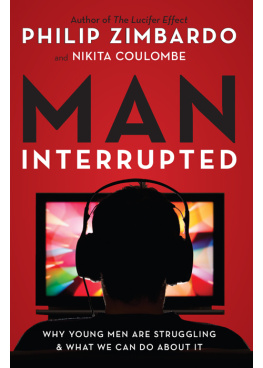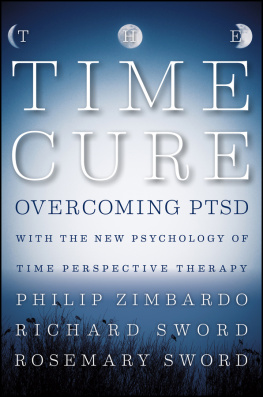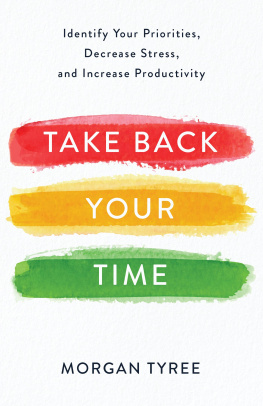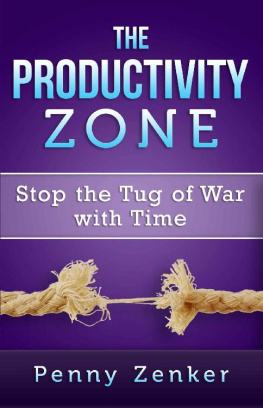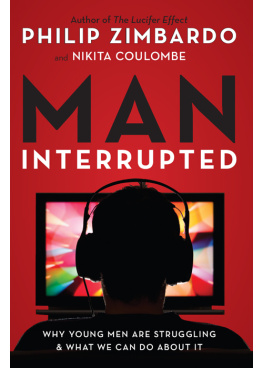Philip Zimbardo - The Time Paradox: The New Psychology of Time That Will Change Your Life
Here you can read online Philip Zimbardo - The Time Paradox: The New Psychology of Time That Will Change Your Life full text of the book (entire story) in english for free. Download pdf and epub, get meaning, cover and reviews about this ebook. year: 2008, publisher: Atria Books, genre: Home and family. Description of the work, (preface) as well as reviews are available. Best literature library LitArk.com created for fans of good reading and offers a wide selection of genres:
Romance novel
Science fiction
Adventure
Detective
Science
History
Home and family
Prose
Art
Politics
Computer
Non-fiction
Religion
Business
Children
Humor
Choose a favorite category and find really read worthwhile books. Enjoy immersion in the world of imagination, feel the emotions of the characters or learn something new for yourself, make an fascinating discovery.
- Book:The Time Paradox: The New Psychology of Time That Will Change Your Life
- Author:
- Publisher:Atria Books
- Genre:
- Year:2008
- Rating:4 / 5
- Favourites:Add to favourites
- Your mark:
The Time Paradox: The New Psychology of Time That Will Change Your Life: summary, description and annotation
We offer to read an annotation, description, summary or preface (depends on what the author of the book "The Time Paradox: The New Psychology of Time That Will Change Your Life" wrote himself). If you haven't found the necessary information about the book — write in the comments, we will try to find it.
In The Time Paradox, Drs. Zimbardo and Boyd draw on thirty years of pioneering research to reveal, for the first time, how your individual time perspective shapes your life and is shaped by the world around you. Further, they demonstrate that your and every other individuals time zones interact to create national cultures, economics, and personal destinies.
You will discover what time zone you live in through Drs. Zimbardo and Boyds revolutionary tests. Ask yourself:
Does the smell of fresh-baked cookies bring you back to your childhood?
Do you believe that nothing will ever change in your world?
Do you believe that the present encompasses all and the future and past are mere abstractions?
Do you wear a watch, balance your checkbook, and make to-do lists -- every day?
Do you believe that life on earth is merely preparation for life after death?
Do you ruminate over failed relationships?
Are you the life of every party -- always late, always laughing, and always broke?
These statements are representative of the seven most common ways people relate to time, each of which, in its extreme, creates benefits and pitfalls. The Time Paradox is a practical plan for optimizing your blend of time perspectives so you get the utmost out of every minute in your personal and professional life as well as a fascinating commentary about the power and paradoxes of time in the modern world.
No matter your time perspective, you experience these paradoxes. Only by understanding this new psychological science of time zones will you be able to overcome the mental biases that keep you too attached to the past, too focused on immediate gratification, or unhealthily obsessed with future goals. Time passes no matter what you do -- its up to you to spend it wisely and enjoy it well. Heres how.
Philip Zimbardo: author's other books
Who wrote The Time Paradox: The New Psychology of Time That Will Change Your Life? Find out the surname, the name of the author of the book and a list of all author's works by series.

